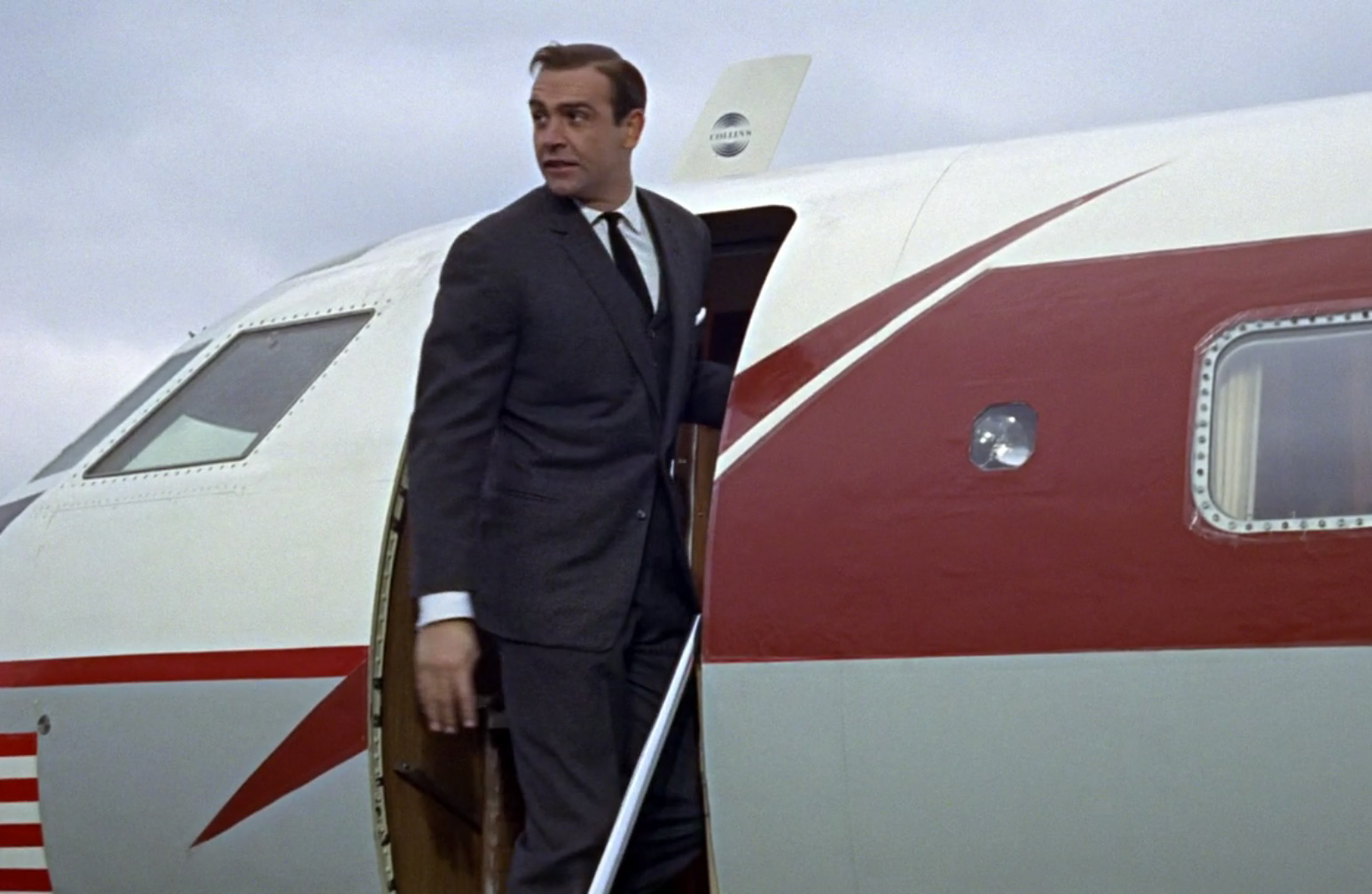The new Wikileaks release is full of some game-changing top secrets. There is even a document full of travel advice for spies.
This isn’t the first time Wikileaks activity has affected frequent flyers. In 2013, when Edward Snowden leaked classified information from the National Security Agency (NSA), the course of many American industries was changed forever. The travel industry was no exception.
One leaked document was a 14-page memo from the CIA called, “Surviving Secondary: An Identity Threat Assessment of Secondary Screening Procedures at International Airports.” The title is an overly-bureaucratic mouthful, but what it translates to is:
“How undercover agents can sneak through passport control.”
The report addresses the CIA’s concern that its secret agents might get stopped at airports. But the information divulged here will interest to anyone who travels internationally. It is a ridiculously useful guide to what NOT to do when landing in a foreign airport. So please, take note:
If you should ever be so lucky, while going through customs, to be called out for a “secondary screening,” be prepared to enter a Kafkaesque world in which the usual rules of due process are suspended. Security agents are allowed to snoop into anything they wish. They might even copy or confiscate data from your personal electronic devices. So avoiding this “secondary screening” experience is probably high on your travel wish list.
The CIA’s advice? Above all, assume you’re being closely watched. Even if it is only by a security camera, that footage is there for airport personnel to revisit at any time. They can zoom in on passengers’ faces as they board and de-board flights. They can do a lot of scary things.
Here are a few signs of suspicious behavior that security agents are trained to look for:
1) Nervous or fidgety behavior. This can include “shaking or trembling hands, rapid breathing for no apparent reason, cold sweats, pulsating carotid arteries, a flushed face, and avoidance of eye contact.” Less obviously, it also means not “switching lines or studying security procedures.” Etc.
2) Passengers who seem unfamiliar with their own documents. This is why you should know all the details on your passport by heart. They will also notice if you have an unusual accent or do not speak the language associated with your documents.
3) Carelessly packed bags. This might seem to be trivial detail, but it is important. For example, “When [the] passenger is purportedly an experienced business traveler,” unusually packing can arouse suspicions. So can using a business-class ticket for tourist travel.
Running the gauntlet from the airplane to the street rates as one of the less pleasant experiences of foreign travel. But due care can reduce the chances of provoking the unwanted attention and the tender mercy of aggressive security services.
Read more about behind-the-scenes travel industry news on our blog.
Feel free to write to: info@cooktravel.net.

 Save up to 60% on Business Class. Call 1-800-435-8776
Save up to 60% on Business Class. Call 1-800-435-8776

Leave A Comment